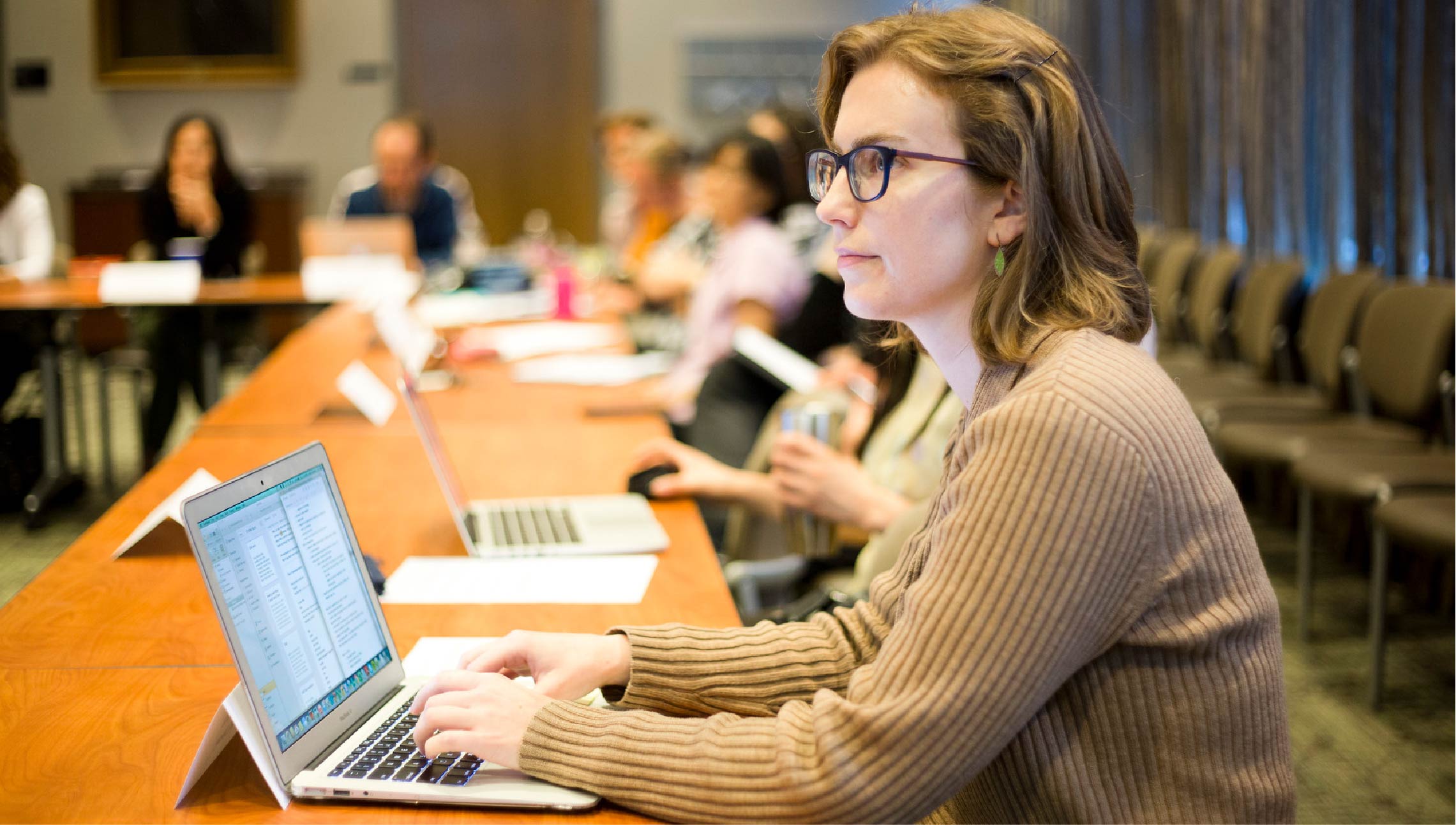
Workshops and Events
The Center for Faculty Development and Excellence is dedicated to cultivating a culture of lifelong learning, faculty development, and integrative teaching. As part of this effort, the CFDE provides workshop opportunities and events that enable faculty members to improve teaching and pedagogy approaches.
Workshop: Crafting course policies and syllabus statements on AI
Date: February 2, 2026
Time: 2:30 - 4:00 pm
Location: Candler Library or Zoom
How do faculty craft and communicate their AI policies? What role do AI policy statements play in our approaches to teaching writing and communication? Join us for presentations and conversation!
Workshop: Enhancing teaching and learning with Mid-Semester Inquiry Surveys (MSIs)
Date: February 3, 2026
Time: 12:00 - 1:00 pm
Location: Zoom
Explore how MSIs give instructors a powerful opportunity to gather formative, anonymous feedback from students midway through the semester.
Workshop: "What happened to reading?" A workshop on college readiness and critical reading across the curriculum
Date: February 16, 2026
Time: 11:00 am - 12:30 pm
Location: Goizueta Business School
In this workshop, Dr. Annie Abrams will help the audience consider what we should expect from our students when it comes to reading, how we can support students as they develop reading practices throughout their studies, and what roles reading plays in our courses and curricula.
Panel Discussion: Deepening experientiallearning with entrepreneurial education
Date:February 26, 2026
Time: 1:00 - 2:30 pm
Location: Zoom
Experiential learning is a powerful approach to education but integrating it into curricular classes can be challenging. Across Emory, professors are leveraging concepts and program design from the world of entrepreneurship and start-ups to give students innovative and impactful learning experiences. In this panel discussion, three professors will talk about the ways they leveraged entrepreneurial education in their classes and spark ideas about how you could do the same.
Workshop: Active learning for student-centered teaching
Date: March 5, 2026
Time: 10:00 - 11:00 am
Location: ZoomActive learning is a proven approach that transforms classrooms into dynamic spaces where students engage, apply, and reflect on what they are learning. This workshop introduces college instructors to a variety of active learning strategies that can be incorporated into courses of any discipline or class size. Participants will explore the pedagogical foundations of active learning and evidence-based techniques techniques to maximize learner-centered teaching and student engagement.
Workshop: Facilitating student interaction in the active learning classroom
Date: March 18, 2026
Time: 10:00 - 11:00 am
Location: Zoom
This workshop builds on the foundations established in the previous active learning workshop, "Active Learning for Student-Centered Teaching.” In this session, participants will explore ways to maximize active learning and increase student engagement. We will discuss the role of interaction in active learning, examine frameworks for structuring collaborative activity in the active learning classroom, and experience activities that both promote successful learning for all students and foster student engagement.
Workshop: Bring entrepreneurial education into your classroom
Date: March 31, 2026
Time: 1:00 - 2:30 pm
Location: CFDE
In this workshop, you will work with professors who have integrated entrepreneurial ideas, learning formats, and experiences into their classrooms. They have leveraged human-centered design, customer interviews, pitch days, rapid prototyping, and more to give their students new ways to learn key concepts and skills.